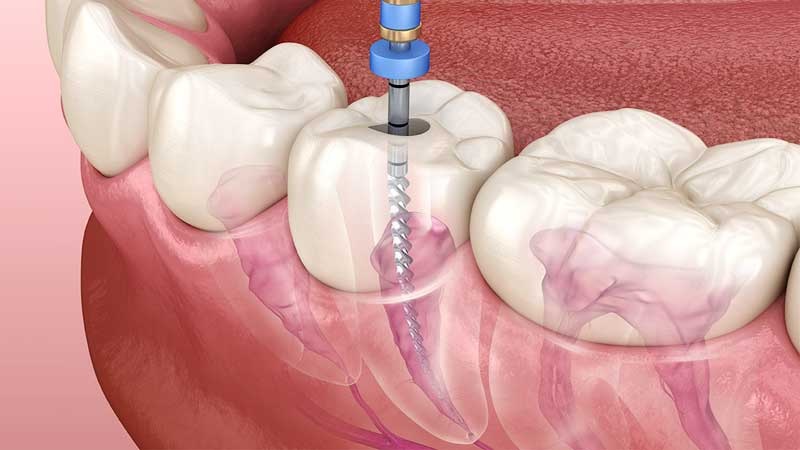Maintaining good health is essential for the well-being of your family. By prioritizing certain habits and practices, you can create a healthy environment that promotes physical, mental, and emotional wellness for everyone. Here are five key things you can do to ensure good family health.
1. Encourage a Balanced Diet
A balanced diet is the foundation of good health for the entire family. Encourage the consumption of a variety of nutrient-rich foods, including fruits, vegetables, whole grains, lean proteins, and healthy fats. Limit the intake of processed foods, sugary snacks, and beverages high in added sugars.
Make mealtime a family affair by involving everyone in meal planning, preparation, and cooking. Emphasize the importance of portion control and mindful eating, and strive to create a positive and enjoyable eating environment at home.
2. Stay Active Together
Regular physical activity is crucial for maintaining optimal health and well-being. Make exercise a family priority by engaging in activities together that everyone enjoys. This could include going for walks or bike rides, playing sports, swimming, hiking, or participating in group fitness classes.
Set aside dedicated time for physical activity each day and make it a fun and rewarding experience for the whole family. Encourage children to limit screen time and engage in active play outdoors, fostering healthy habits that will benefit them throughout their lives.
If any of the elders in your family is suffering from chronic pain, it is advised to get pain relief therapies as soon as you can.
3. Practice Good Hygiene Habits
Practicing good hygiene habits is essential for preventing the spread of illness and maintaining overall health. Teach children the importance of proper handwashing techniques, covering their mouths when coughing or sneezing, and avoiding contact with sick individuals.
Encourage regular bathing or showering, brushing, and flossing teeth, and changing into clean clothes daily. Model good hygiene behaviors for your children and provide them with the necessary resources and guidance to develop healthy habits from a young age.
4. Prioritize Mental Health
Good family health goes beyond physical well-being and includes mental and emotional wellness. Create a supportive and nurturing environment at home where open communication is encouraged, and feelings are validated.
Check in regularly with family members to discuss any concerns or stressors they may be experiencing. Teach children healthy coping mechanisms for managing stress and emotions, such as deep breathing, journaling, or engaging in creative activities.
Seek professional help if needed and prioritize self-care practices that promote mental and emotional resilience for the entire family.
5. Schedule Regular Health Checkups
Regular health checkups are essential for detecting and preventing health problems before they become serious. Schedule routine appointments with healthcare providers for annual physical exams, pediatric medical care, vaccinations, and screenings as recommended based on age and risk factors.
Discuss any concerns or symptoms with your healthcare provider promptly and follow their guidance for preventive care and treatment. Stay up-to-date on immunizations and screenings for common health conditions, and encourage family members to take an active role in managing their health and well-being.



